
I adore turn-based roguelike games; there’s something about them that seems to tickle the exact part of my brain that makes me continually come back for just one more go.
I’ve spent an ungodly (pun intended) amount of hours playing deck building roguelike Monster Train, as just one example, and the dice based dungeon delving of Dicey Dungeons is another game that seems to just tick all of my boxes.
So, when I was given the chance to play Dicefolk, a dice-based roguelike from publishers Good Shepherd Entertainment (who also published Monster Train), developed by Leap Game Studios and Tiny Ghoul, I was very excited to give it a go.
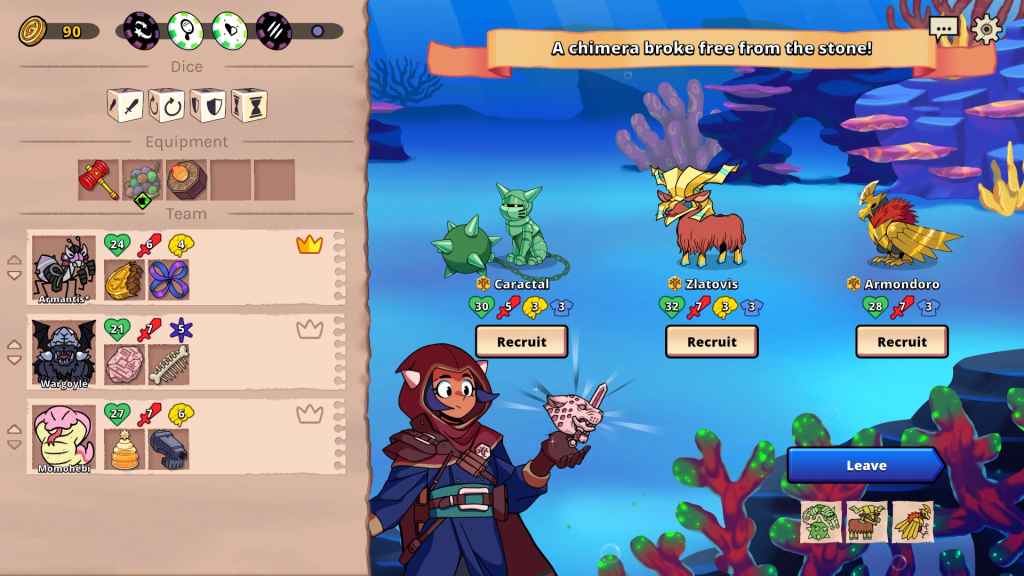
It starts off very strongly indeed, with a partially animated intro that recalls the beautiful animated cutscenes of games such as Wargroove or The Banner Saga. It gets you up and running pretty quickly, despite its unusual and unique mechanics.
Dicefolk is essentially a series of turn-based combat encounters, with your team of Chimeras, which are very Pokemon-esque, both in style and number, facing off against varying numbers of other Chimera creatures. Though this might not sound original or particularly compelling, those aforementioned, unique mechanics give it an incredibly addictive quality that’s common to the best roguelikes; a neat mixture of luck and strategy that’s moreish beyond belief.
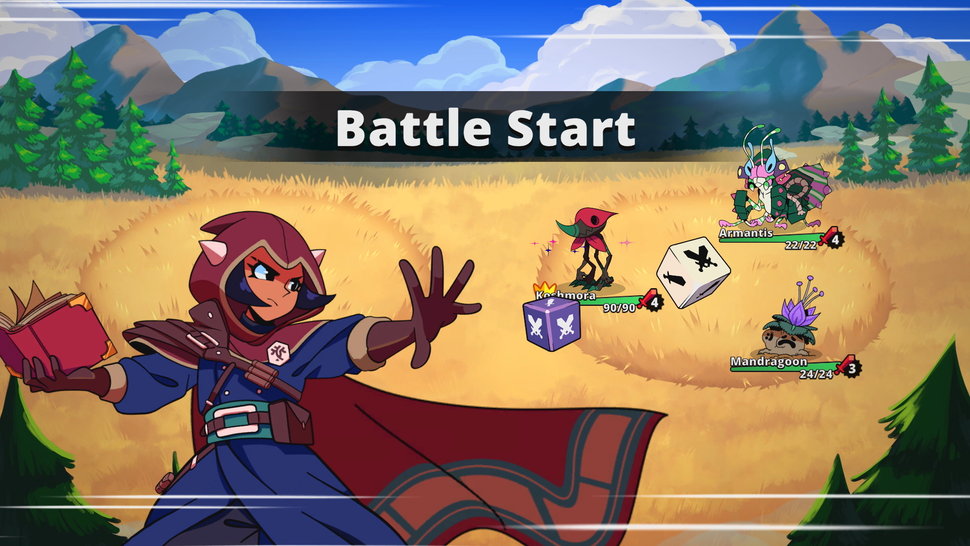
Each round, the dice are rolled for both your team and the opponents. In a neat twist, you get to decide the order in which all of the dice are used, not just the dice for your team. Each die (usually one per Chimera, though other abilities and items can alter this) has certain symbols on each face; you may have a somewhat defensive die, or one which has only attacks, along with one which rotates the position of your Chimeras to put another one in the leading spot, for example. Or you may have dice which mix up the results, especially as you can upgrade them as you go.
I’m getting ahead of myself there, however; basically, you choose a die to activate, and once all dice have been used for both sides you can end the turn. Attacks use a Chimera’s strength and deal the appropriate HP damage to an opponent (melee attacks will target the opponent in the active spot, whereas ranged or other types of attack might be able to target one or more of your opponents in the background).
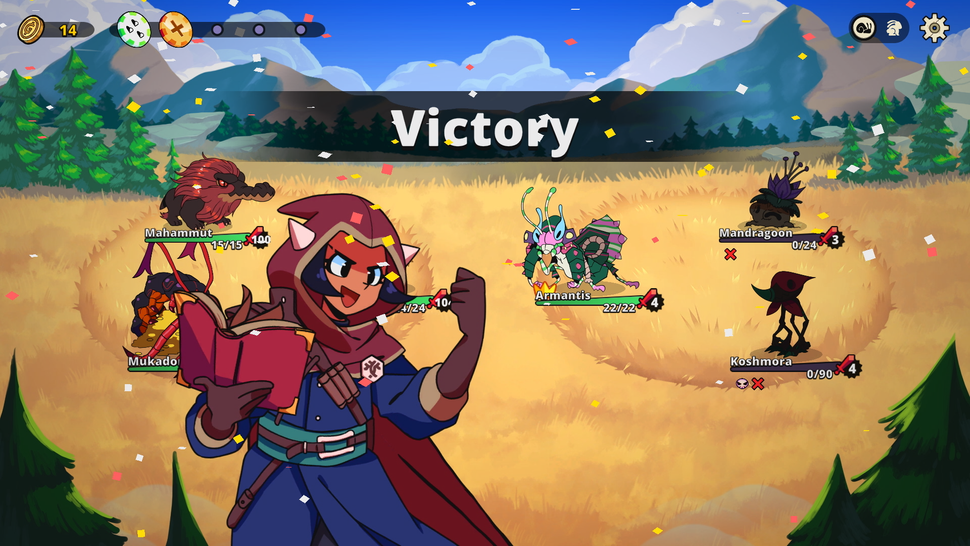
Though it might not seem like it at first, there’s a real strategy to the order in which you choose to carry out actions, which is made even deeper by the various abilities your Chimeras have, either inherently or through the items they have in their individual inventories.
Defeat the opposing team before they take out yours, and you get to choose your next destination on the rather simple over world map, with locations revealed as you win at more battles. Eventually, you’ll uncover the boss battle, and if you win there, the next world unlocks, allowing you to progress further.
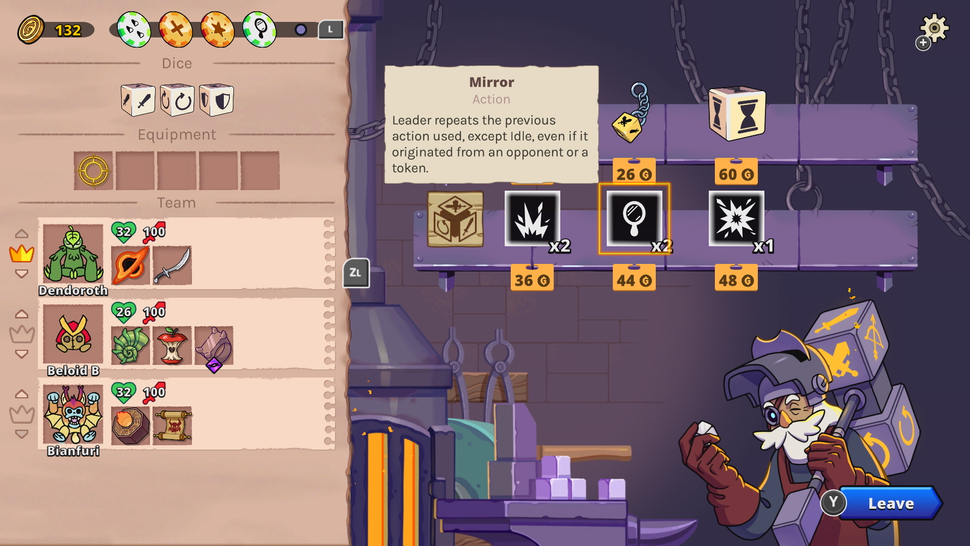
Each world has shops, dice forges, campfires and even shrines where new Chimeras can be summoned to join your team.
Oh, but I forgot to mention: if at any point you lose all of your Chimeras, it’s game over. Yep, in true roguelike fashion, you will lose all of your progress and you have to start a new run.
It’s punishing, as is the case with any roguelike, and, again it has this in common with many other roguelike games, it’s also really challenging. The game doesn’t go easy on you at all.
Yet the simplicity of its combat mechanics, based as it is around straightforward, easy to read iconography, soon sinks its claws into you. There’s an awful lot to learn, and, like Monster Train before it, Dicefolk does seem to drop you in at the deep end after an all too brief tutorial, but if you can get yourself over the initial learning curve, there’s an awful lot here to enjoy.
There’s a huge number of creatures to collect; over 100 Chimeras to get your hands on overall, not to mention the various pieces of equipment you can buy, dice faces to purchase with which you can upgrade your dice and even poker chips to give you one off bonuses during combat.
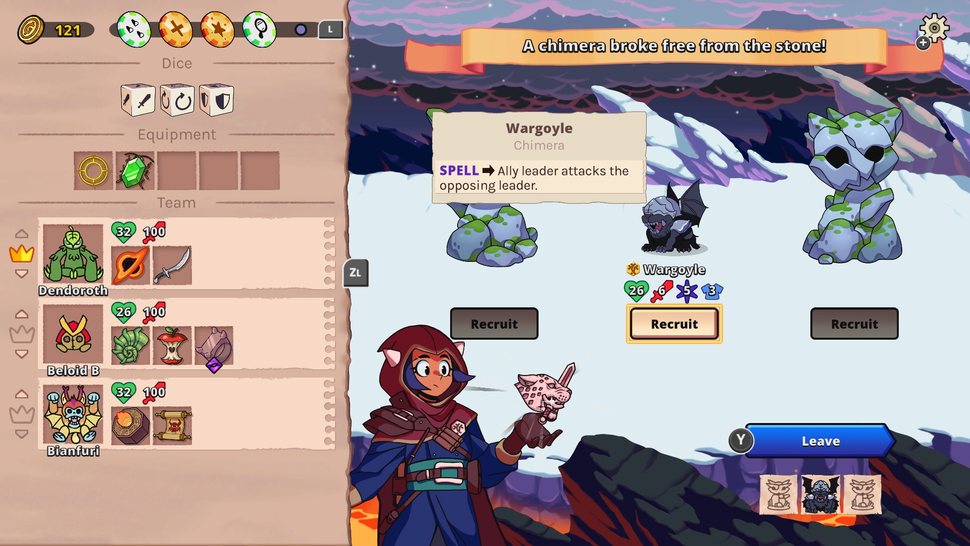
It’s a very potent mix of different game mechanics and elements, and it’s a blast to find new Chimeras and experiment with different abilities and find new, powerful and interesting combos.
One early ability I found a lot of use for was having a creature that dealt damage every time either side rotated their lineup; it led to some really creative use of the ‘rotate’ dice faces and became a quick favourite of mine to use.
Whether or not Dicefolk is a game for you depends on your tolerance for games that do expect you to do a bit of heavy lifting and poking around under the hood to get the most out of them, but I can honestly that, after the initial confusion wore off and I got my head around lots of the various layers of the game, I couldn’t put it down.
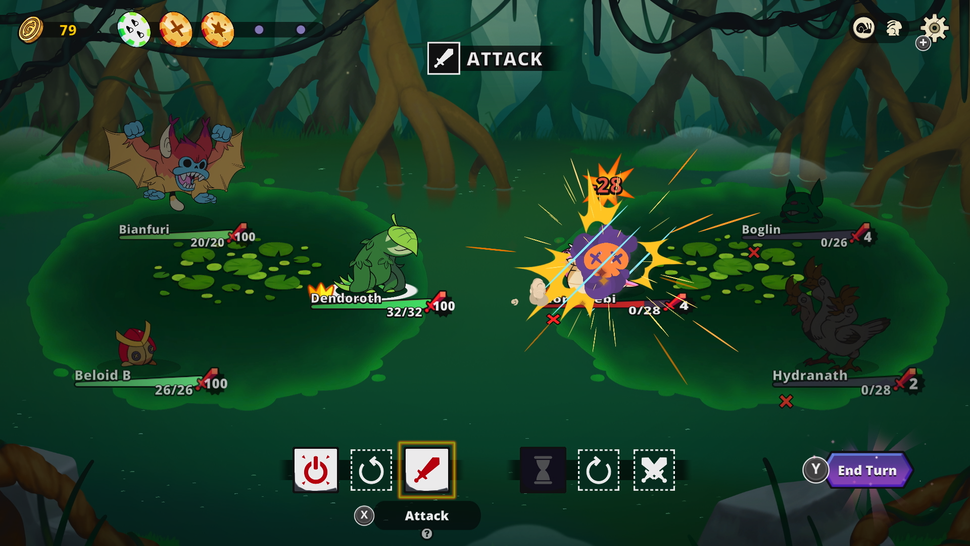
I count games such as Slay the Spire, Monster Train, Dicey Dungeons and Balatro amongst my favourite titles ever; it’s no coincidence that (Dicey Dungeons aside, as it uses dice), they’re all card-based roguelikes. Though Dicefolk, like Dicey Dungeons before it, uses dice as the basis of its roguelike gameplay, it’s a lot more dense in mechanical terms than Dicey Dungeons.
Though its intro and general aesthetic may hint at a more story led game, Dicefolk is actually laser focused on its combat mechanics, at the expense of a story that does feel rather thin and irrelevant. As long as you’re not expecting a solid narrative, you should have as much of a blast with Dicefolk as I have, with its combat and monster collecting (despite it mashing up mechanics from other, very familiar yet disparate sources), proving to be a potent and unique blend of mechanics that should see you constantly coming back for more, for a very long time.
Many thanks to the publisher for providing me with a Dicefolk code for review purposes. Dicefolk is out now on Nintendo Switch and Steam.
Enjoyed what you’ve read? Want to support my blog? There’s no pressure of course, but every penny helps to keep this site running, as I earn no income from my writing here (though I may earn small fees from affiliate links posted on my pages).
However, I’d be truly grateful for any support that you could offer – and it’s easy to do so at either of these links: Ko-Fi.com/geekmid or PayPal.
Any donations are truly appreciated – and I also appreciate you taking the time to read my articles. Thank you so much!

Help support me here!
All donations are gratefully received and will help me keep the lights on here – as well as help to keep my writing dream alive! Please be aware though: there’s no pressure. I just hope you’ve enjoyed reading my article!
£1.00

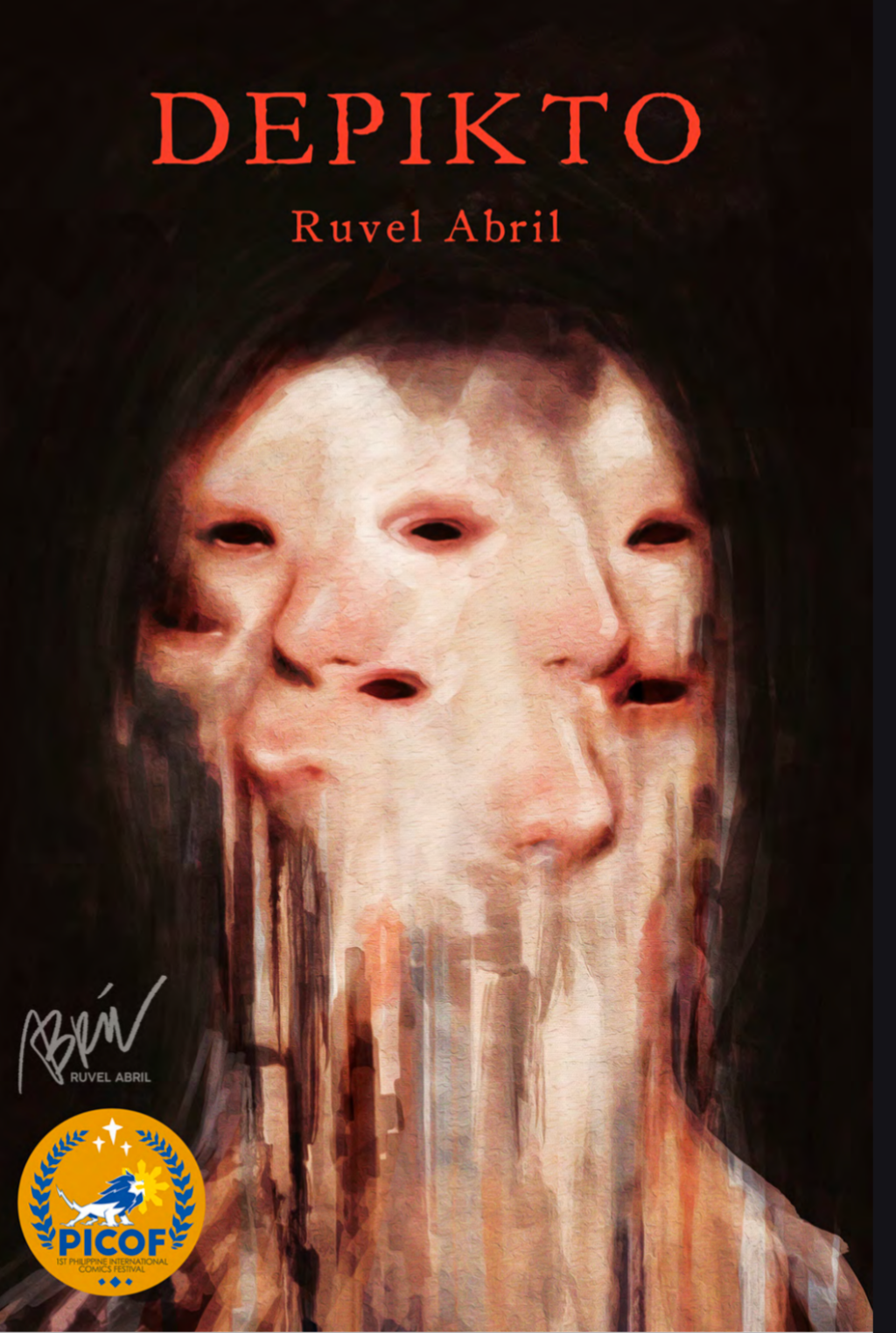



Leave a comment